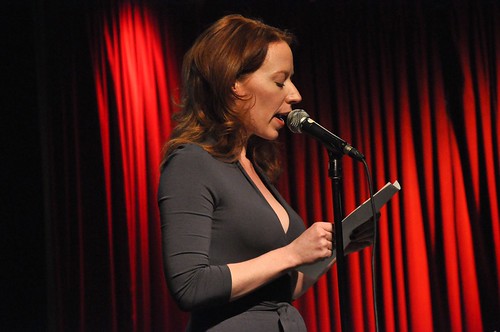Now you’ve written your book, or you’re almost done with it; congratulations! At this point, you’ve finished the second hardest part of your overall project, and you’ve done something that the overwhelming number of people in the world have never done. That warrants kudos on its own; but you’re not even close to being done.
The next step is the editing step, and it’s the hardest step of the entire process. It’s the hardest process because if you’re going to do it right, it’s going to take longer to edit your book than it took you to write it. First, you have to confront your own demons while editing it. This is when the gut check takes place, where your confidence is tested, because now you’re revisiting your own words, and some of them are going to look and sound alien to you. If you make it through the first edit, you’re going to be fine. But the first edit is crucial.
I know, you’re saying “first edit”? Yes, I’m saying first edit, because when you edit your book, you’re going to have to go through it more than once. I’m going to describe what I went through, so you can see what I’m talking about. I’m going to tell you my story; sound a little familiar?
After I wrote my book, Embrace The Lead, I knew I had to go through the entire thing again. Luckily, I had written it in Word, which checks your spelling as you go along, so I knew that all the regular words were going to be spelled properly. However, I had also used voice recognition software, so I knew there were going to be some alien-looking phrases that were going to stand out. And I knew one more thing; I was going to rewrite as I went along. Everyone rewrites, unless they can hammer something out in one piece and feel fairly comfortable with it. When it comes to something large, though, you’re probably going to rewrite something; it’s perfectly normal.
The first edit was painstakingly long. I’m a speed reader, so I had to change my own mode of reading and actually study my own text. I have to say that I did a pretty good job with the first edit. Word is a great program to use because it allows you to make some mass changes whenever you need to. For instance, there were many instances in the book when I used my wife’s first name by mistake. So, I was able to mass change the entire book from her name to “my wife” with one keystroke; that was great. I also noticed a consistent typo, where my fingers just wouldn’t let me spell this one word correctly, and I was able to make that change all at once.
The first edit of my book took me 5 days. I didn’t end up rewriting all that much, but I did end up adding more to many areas, trying to explain myself better. Still, after the first edit of my book, I felt fairly comfortable with it; but I knew I wasn’t done.
The next edit is something that couldn’t have been done in the past, but in 2002 it was something available to me, and it’s probably available now. I had downloaded a program where I could paste blocks of text into it and it would read them to me. As odd as this sounds, I felt it was important to hear what the book sounded like if it was being read aloud. This didn’t take as long as one might think, but I’m glad I did it because there were some parts where even I got confused, and I was able to fix those areas so that it would read smoother. I belong to a writer’s group that meets once a month, and whenever it’s my turn to present something, I always ask someone else to read it aloud so I can hear if it’s flowing properly. It’s also a rush to hear someone else reading your material, even if it is just a program on your computer.
Two Steps To Writing |
Another thing Word can do for you, which became my third edit, is check your grammar. Although Word and I don’t always agree, I decided to change the settings and let it highlight what I’d written, just to make sure there were no major faux pas. It highlighted many areas, which I expected, but it also found some things that I decided to change, so I didn’t mind doing it.
The final part for me was asking some of my friends, those who I knew would read it and look for something critical, to read it for me and point out things they didn’t understand. I specifically told them I didn’t want them to critique the content, only the grammar, and whether they understood what I was saying or not. Debate can be for another time; what I needed was a critical eye only.
I have found that point to be one of the most important things I’ve ever had to do whenever I’ve asked someone for a critique. You have to tell people what you want from them. If you ask someone to read something and tell you what they think, you never know where they’re going to go, and you lose any value you might have been able to get out of it.
When I wrote my first business newsletter, I sent it to about 20 people and asked them what they thought. I didn’t get a single person who gave me anything that I could use. Instead, they wanted to talk about writing style, the layout, the word justification, the concepts I was talking about in the first article, and some just said “nice job”. That wasn’t helpful at all, but it taught me a valuable lesson; it’s one you should learn also.
Of course, at some point you’re going to want some people to actually read it and give you an honest appraisal, something you hope will come out sounding like a testimonial if they actually liked it, but not during the editing process. If you need to, tell the people you’ve asked to edit to write any other comments down and save them for when you’re ready for publication.
As I indicated, the editing process is where you grow up, where your book has its opportunity to mature, and where you’ll find out what you’re made of. If you’re actually lucky enough to get either an agent or a publisher to accept your book, they’re going to pick it apart even further, and you may not like it. But at that point, it means they’re serious about your book, and that may or may not be a good thing. I wouldn’t know, as you’ll learn in the next part of this series when I talk about trying to get published. See you next time.




